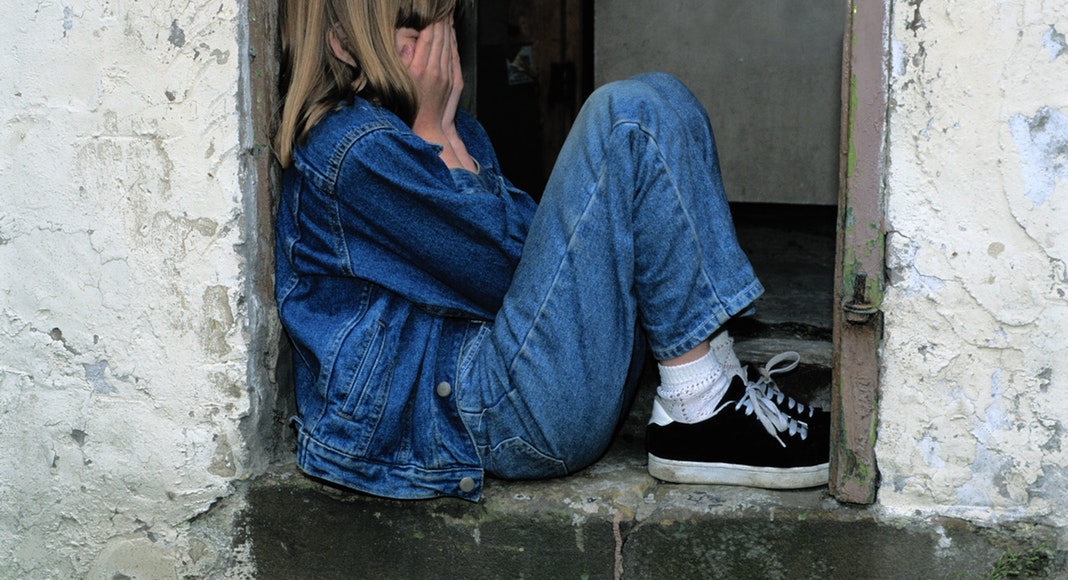
Children who experience Adverse Childhood Experiences (ACEs) are at an increased risk of developing serious health issues later in life. ACEs include:
- Physical, sexual, and emotional abuse
- Physical and emotional neglect
- Living with parents or caregivers who have a mental illness
- Living with parents or caregivers who have substance abuse issues
- Divorced parents
- A family member who is incarcerated
- Domestic violence in the home
A 1990 study by the Center for Disease Control and Prevention and Kaiser, which included over 17,000 adults in Southern California, found that adults who had experienced ACEs had increased odds of developing serious adult health issues like heart disease, cancer, and liver disease. ACEs can also make people more prone to suicide, substance abuse, poor work performance and a host of other negative outcomes. Experiencing multiple ACEs puts children at risk for developing a greater number of issues in adulthood.
Understanding childhood trauma gives us better insight into the need for prevention and early intervention. Effective prevention and intervention will mean fewer illnesses in adulthood, driving down medical costs.
Information for Parents
A recent Yahoo News article highlighted four new facts that parents should know about the science of ACEs.
ACEs can affect more than just a child’s health.
These traumas that children suffer can affect their educational experience (or lack of), future job performance, and the types of relationships that they may seek, which may be unstable or abusive.
Preventing the negative effects of ACEs is possible.
A child can persevere through the adversity as long as they have one caring adult in their lives. Sometimes, it may not be their parents. The trauma is not a death sentence either. When parents and caregivers receive the supports they need, whether it’s related to mental health, economic, child care, job skills, transportation, or something else, they are better equipped to handle future stresses.
Some children are more susceptible to ACEs than others.
Minority children, children who drop out of school, families who have less than an annual income of $15,000, and those identifying as gay, lesbian, or bisexual, have increased exposure to ACEs.
New ACE tests and screenings could help treat children in the future.
One of the foremost advocates for ACEs and ACE screenings is California Surgeon General Nadine Burke Harris, M.D. Her Bay Area practice, The Center for Youth Wellness has been instrumental in the creation of the Pediatric ACEs Screening and Related Life-events Screener (PEARLS) screening tool for ACEs that California and other states are using at child well checks.
What can you do to protect your child?
As parents, it’s our job to try and protect children from negative early experiences. You can protect your child, even if you can’t stop a traumatic event from happening.
- Recognize a traumatic event when it happens to your child
- Be aware of the traumatic or challenging events you experienced and how those affect the way you parent
- Surround yourself and your child with other loving and supportive adults
- Access resources that will help you respond to your and your child’s experiences















